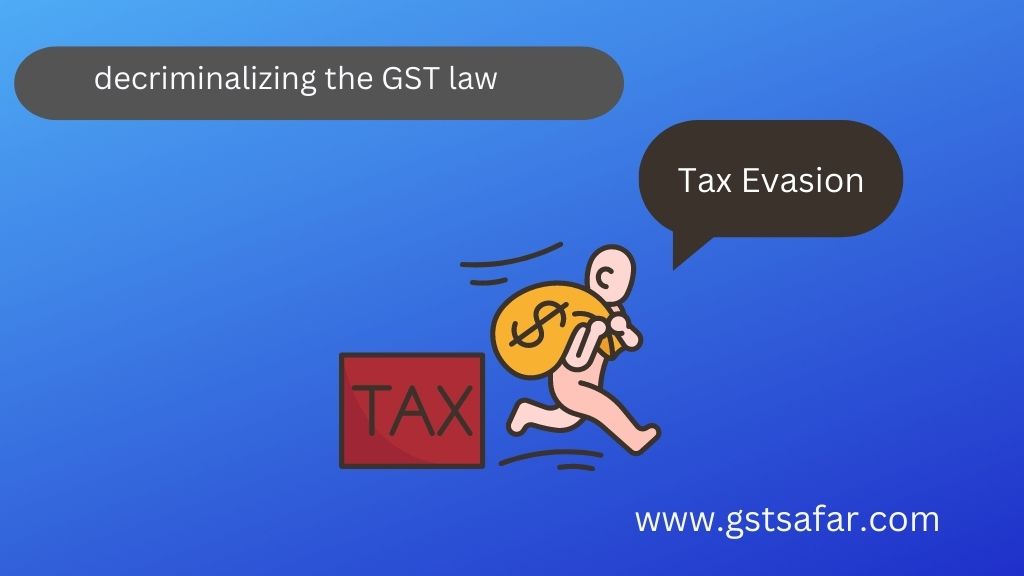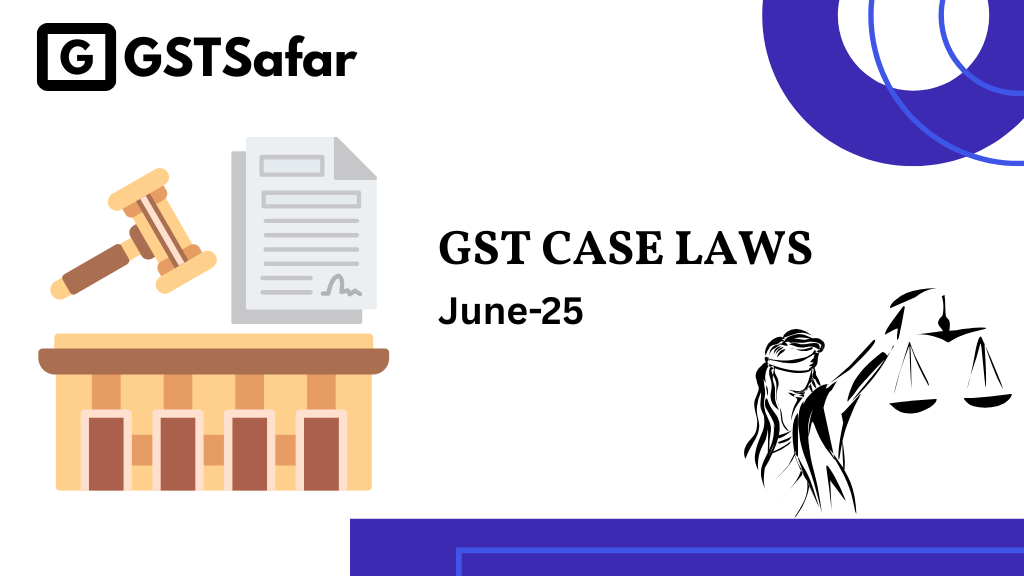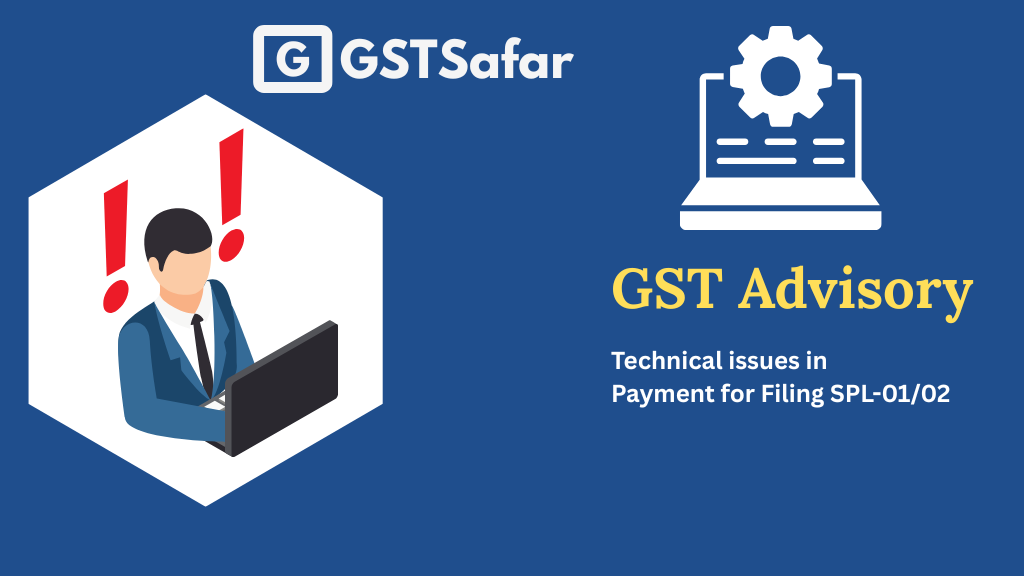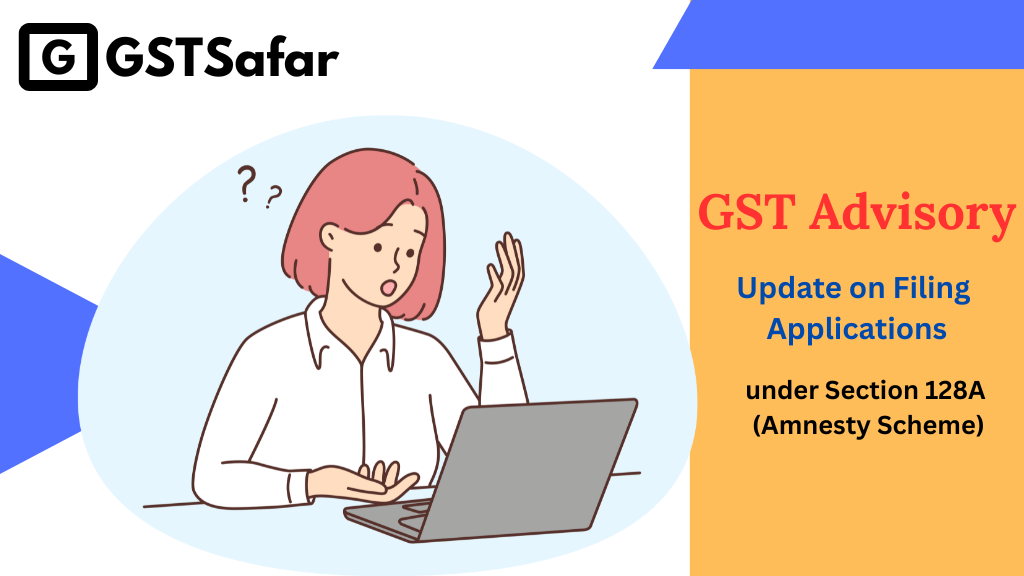In next GST Council meet on 17th December, 2022 there is likely to have discussion about the decriminalizing the GST law. Why the GST Act’s decriminalization may be a significant reprieve for India’s small businesses? To understand this, in this article some focus has been made in provisions of penal and criminal proceedings erstwhile law and current tax regime.
Implementation of GST Law
The implementation of the Goods and Services Tax (GST) was a courageous move toward the digital transformation of tax administration. The Goods and Services Tax (GST) brought forth the idea of a uniform tax on the supply of goods and services and absorbed 17 big levies and 13 cess. The new system was designed to have a nature that is substantially more transparent, to be simple to monitor and administer, to simplify the registration processes, and to significantly minimize the amount of paperwork that is required to comply with regulations.
Provisions of penal and criminal proceedings in old tax regime
Prior to the implementation of the Goods and Services Tax (GST), indirect taxes were segmented into a series of Central Taxes (such as central excise, service tax, and central sales tax, among others) and State Specific Taxes (i.e. VAT, entry taxes, etc.). These indirect taxes resulted in the creation of a complex regulatory structure with significant consequences for those who did not comply.
The Central Excise Act had severe penal provisions for non-compliance, which included monetary penalties as well as criminal provisions like imprisonment for a period ranging from three to seven years. These provisions were intended to deter people from breaking the law. In the event that any of the following conditions were met, the regulatory agencies retained the authority to commence criminal proceedings:
- Possession of products listed in Schedule II of the Act, such as tobacco, pan masala, rubber tyres, and other similar items, in a quantity that “exceeds” the permissible limit for that quantity.
- Instances in which the assessee attempts to avoid their tax obligations or accepts an inaccurate or dishonest credit of duty;
- due to the fact that the assessee did not supply the necessary information
- Instances in which the assessee was involved in the trade of commodities that were subject to confiscation
Businesses had a difficult time meeting all of their compliance duties since there were so many interlocking compliance requirements.
Provisions of penal and criminal proceedings in new tax regime (GST)
CGST Act Chapter XIX defines current offences and punishments. Section 122 of the Act includes 21 offences that may directly or indirectly contribute to tax evasion, which can result in a penalty equivalent to the tax evaded. Returns and statistical data sections have maximum penalties of Rs 5,000 and Rs 25,000.
- Certain offences are criminalised under Acts 132 of CGST Act 2017. 11 offenses are included in the section. These offenses include:
- Supplying products or services without invoices to avoid taxes
- Invoice without goods or services to misuse input tax credit or tax refund;
- Input tax credit without invoice or fraudulent availment
- collects tax but fails to pay the government
- falsifies financial records or creates false accounts to escape taxes
An assessee may be imprisoned for a duration and fined dependent on the amount of tax evaded/input tax credit improperly availed/refund wrongly taken:
- Over Rs 5 cr: 5 years in jail.
- Rs 2 cr+: Imprisonment may last 3 years.
- Rs 1 cr+: One-year imprisonment is possible.
The Central Excise Act had tougher criminal penalties with jail terms ranging from 3 to 7 years and heavier penal provisions (10%–50% of tax evasion) than various pre-GST tax regimes (such Service tax and VAT). These regulations apply to infractions like owning commodities beyond a specified limit or dealing with confessable goods.
The GST Act connected the criminal provisions to the assessee’s intent (i.e., willful or fraudulent duty evasion) and tied the jail sentence to the “Quantum of tax evaded/input tax credit wrongly availed/refund wrongly claimed” (i.e., the higher the value of tax evasion, the longer the jail term).
Next GST Council meeting likely to discuss decriminalizing the GST law
In next GST Council meet, there is likely to have recommendation for decriminalizing the GST law as under
The Goods and Services Tax (GST) Council, which is set to virtually meet on December 17, is likely to debate decriminalizing offences under GST legislation and raising the bar for criminal proceedings from the current 5 crore to 20 crore.
In September, the government declared that in cases of evasion or abuse of input tax credit totaling more than 5 crore, GST authorities may initiate legal action against GST offenders.
In case the tax evasion does not reach the new threshold restrictions, it is anticipated that the updated regulations may also delete the provision allowing for the attachment of the assessee’s property.
According to officials, as part of the effort to decriminalise the legislation, the revisions to Section 132 of the GST Act have been finalised by the legal committee of GST officers.
Read similar articles









